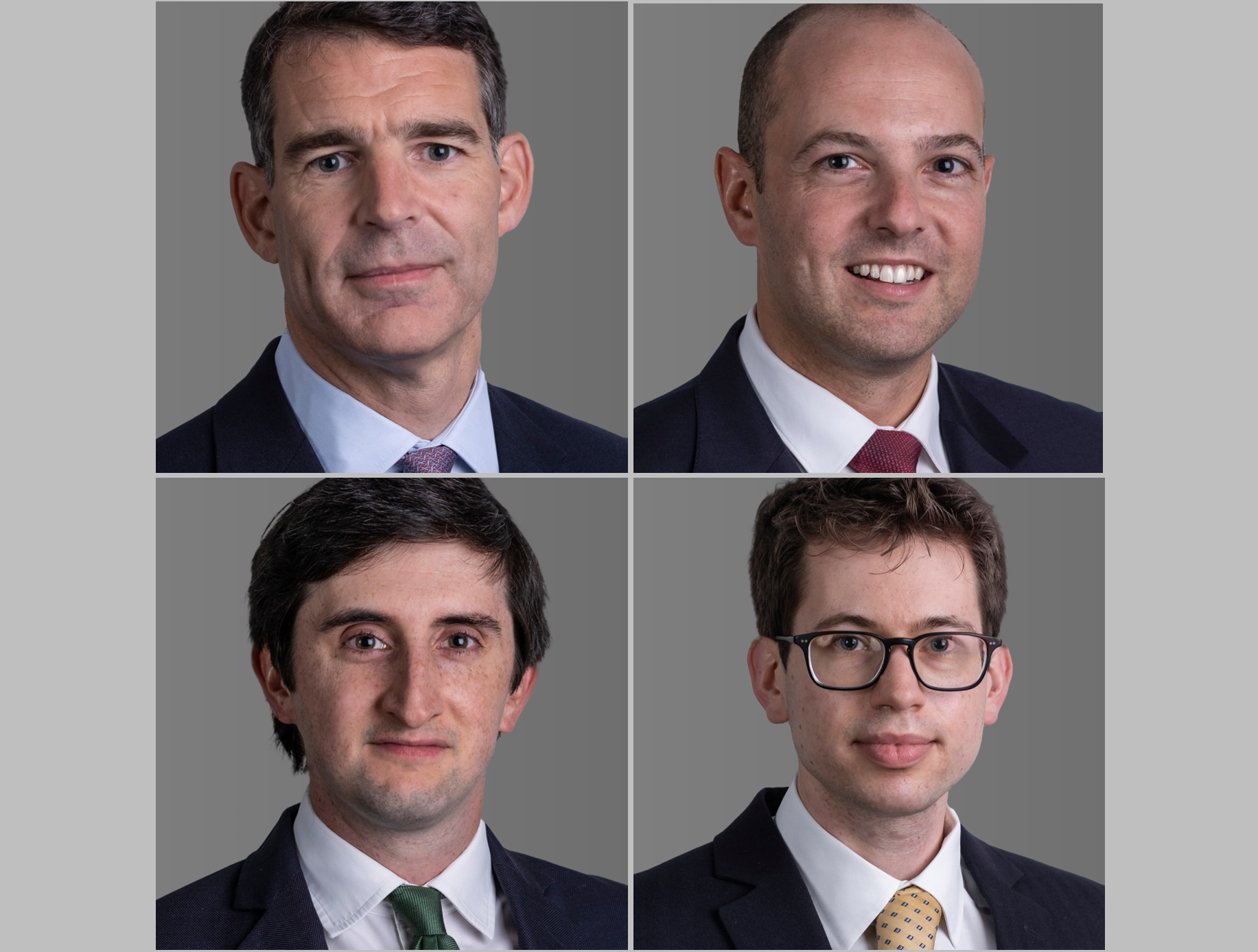
On 3 November 2023, Mrs Justice Cockerill handed down judgment in Loreley Financing (Jersey) No. 30 Limited v Credit Suisse Securities (Europe) Limited & ors [2023] EWHC 2759 (Comm), following a nine-week trial between April and June 2023 in one of The Lawyer’s Top 20 Cases of 2023.
Credit Suisse was represented in its successful defence by Patrick Goodall KC, Adam Sher, Laurie Brock and Marcus Field.
L30 alleged that in marketing a CDO transaction in 2007 Credit Suisse had made a series of representations by implication/conduct (the “CDO Representations”) which it alleged had been false on the basis that between 2005 and 2007 Credit Suisse had engaged in a systemic fraud in relation to its RMBS business (the “Alleged RMBS Fraud”).
L30’s claims failed at every level.
First, all L30’s claims (brought in 2018) were held to be time-barred and incapable of being saved by sections 14A and/or 32 of the Limitation Act 1980: [146]-[286].
Second, none of the CDO Representations was made. In this regard, Cockerill J:
- held that the vast majority of the CDO Representations had always been “doomed to failure” and that there was “a fatal lack of clarity and rigour in L30’s case” ([369]-[372]), noting that at least some of the CDO Representations had been “reverse engineered” and that “[t]he conclusion seems inescapable that these representations have been constructed to dovetail with the specific facts sought to be captured” ([329]); and
- provided valuable guidance as to the limits of the so-called ‘helpful test’ (per Colman J in Geest v Fyffes [1999] 1 All ER (Comm) 672), emphasising that it was not the test for implied representations and that to strip it of its full context was to erode the important line between pure omission and misrepresentation ([299]-[306]).
Third, L30 had not relied on the CDO Representations. Cockerill J supplemented her earlier important decision in Leeds City Council v Barclays Bank [2021] QB 1027, holding that:
- there must in all cases of representation be a ‘bridge’ between the representation and inducement, which can be referred to as the representation being “understood”, or the subject of “conscious thought”, or “actively present” to the mind of the representee ([385]-[386] and [421]). A test of ‘present to the mind’ advocated by L30 was rejected as eliding the distinction between assumption and representation ([422]);
- how that requirement (which logically precedes the ‘presumption of inducement’) is satisfied will differ in each case (there being no universally applicable ‘test’); however, contrary to some subsequent commentary interpreting the decision in Leeds, the requirement always exists and is distinct from mere assumption ([388], [390], [396]-[397]); and
- L30’s arguments that the so-called ‘counterfactual of truth’ and/or the ‘helpful test’ could stand in for this requirement were “doomed to failure” because they involved collapsing the distinction between representation on the one hand and assumption, or pure non-disclosure, on the other ([391]-[393], [398]).
Fourth, Cockerill J rejected L30’s case on the Alleged RMBS Fraud (which she styled as adopting a “‘some mud must stick’ approach” [440]), finding it failed “by a very clear margin” (see [438]) and variously describing the allegations as “hopelessly overoptimistic” ([460(iii)]) and “manifestly inadequate” ([467], [469]-[471], [546(v)]). Indeed, L30 did not succeed even in raising a prima facie case of fraud against any of the 16 accused individuals ([475]).
The judgment (a copy of which is available here) provides a salutary warning of the dangers for claimants who seek artificially to reverse-engineer claims based on implied representations, and the need for coherent and cogent evidence before making dishonesty allegations.






